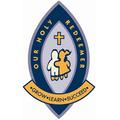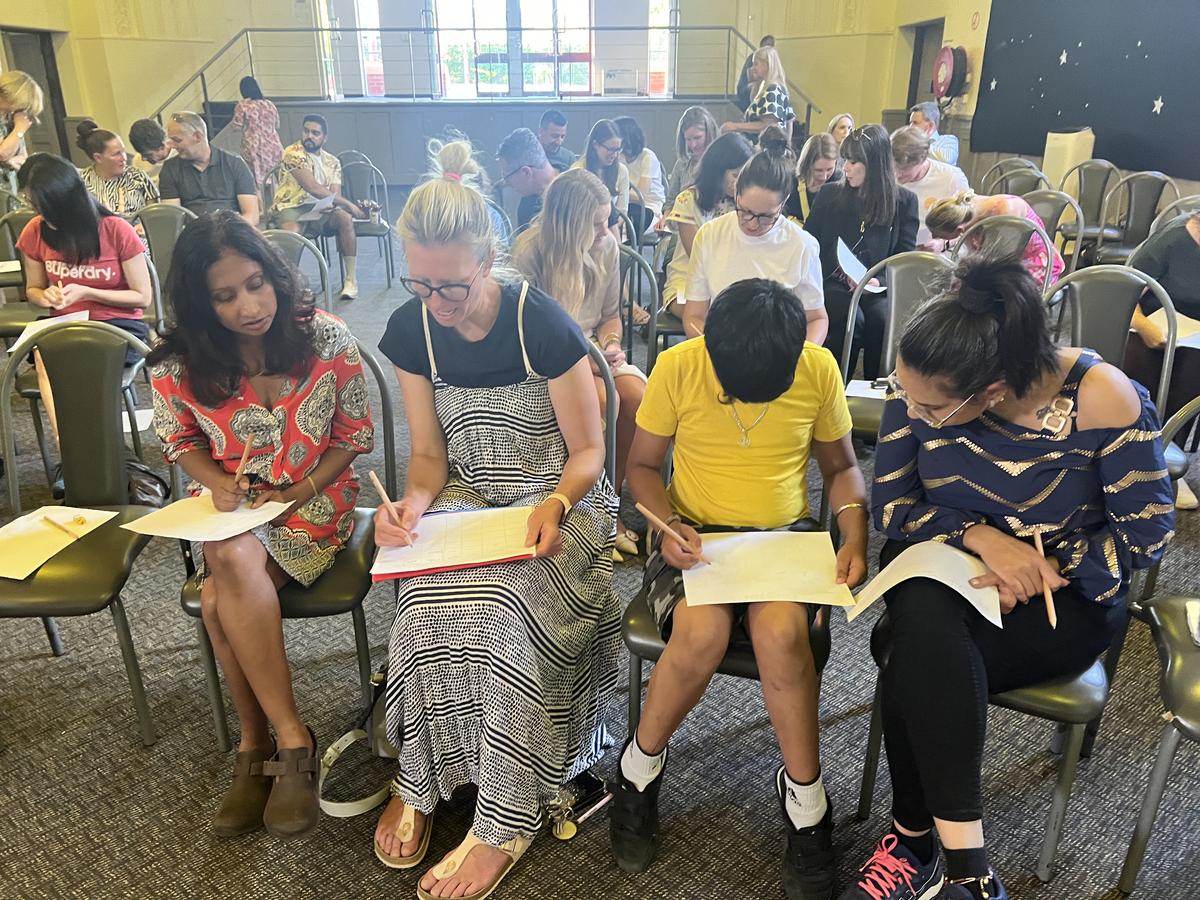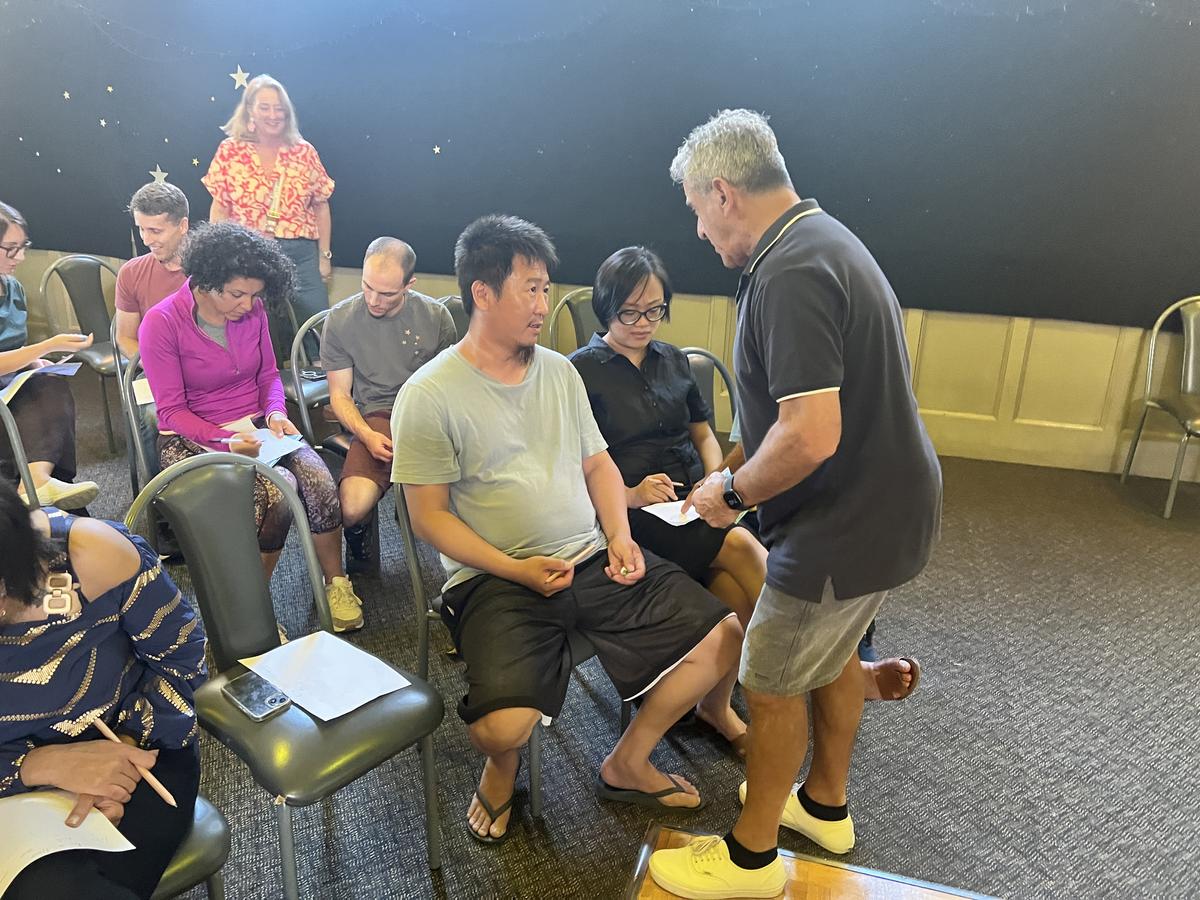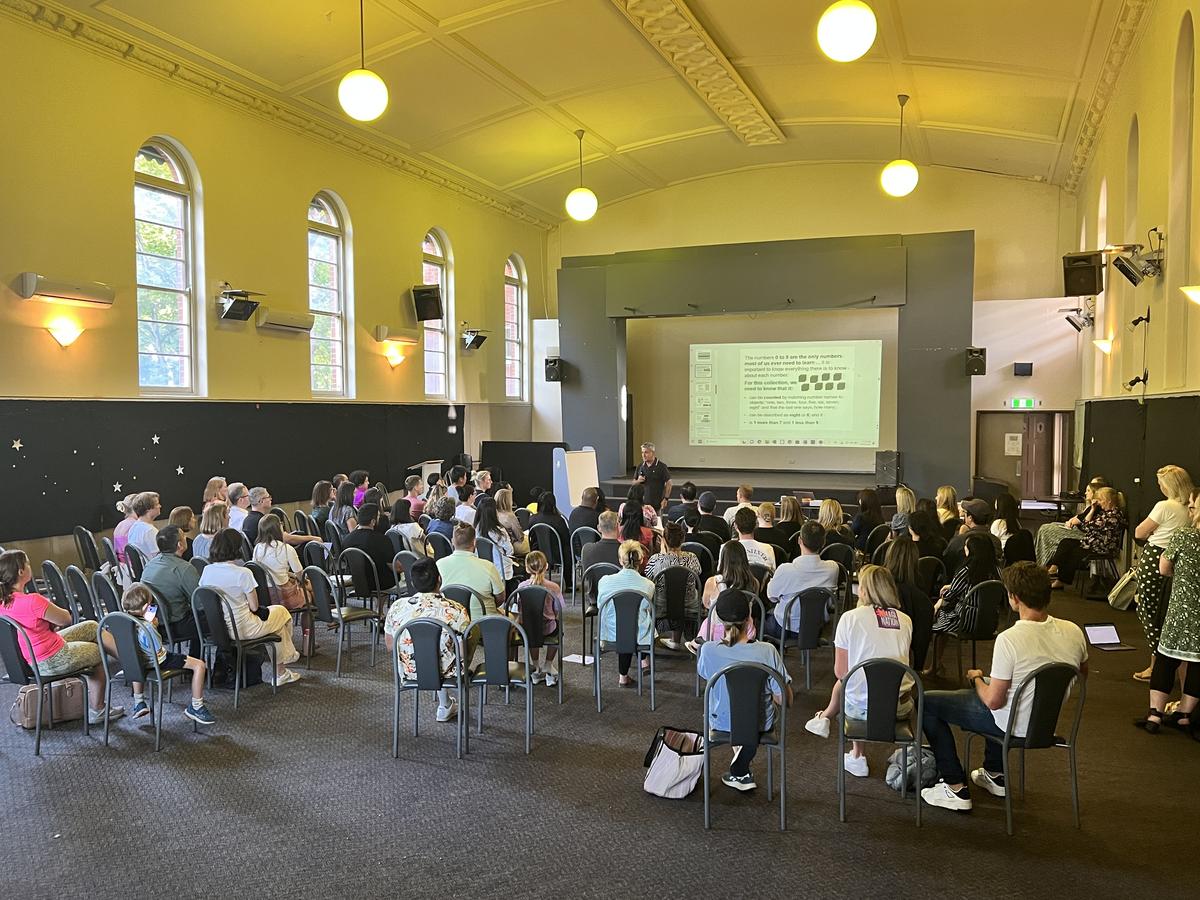Learning & Teaching News

Maths at Home, Maths at School
“Play is the highest form of research”- Albert Einstein
Last week as part of our Parent Information Evening, Michael Ymer spoke with staff and then with our families. Thank you for those who attended the invaluable session. Michael provided insights into the importance of fundamental mathematical understandings for use in more challenging mathematical problems and in daily life. He explained that mastering Number isn't counting; we need to be able to have the fundamental understanding of place value in order to understand numbers. Michael showed how teachers use ‘games’ to both engage students and develop sound mathematical knowledge. He also spoke to maths anxiety and provided a reminder of the power we have as adults in children’s lives. He suggested reframing the language used when children are finding maths hard by ensuring that we don’t sympathise by saying things like “It’s okay, I was hopeless at maths at school too”. Rather we should shift this to encouraging them to have a go; “It’s okay to find it challenging, how about you/we have a go”.
At school we have a strong focus on a Growth Mindset and the power of the word ‘Yet’. This simple word empowers students to be comfortable with challenges and encourages them to have a go, to persist through the challenge, to find and use some background knowledge and find their own solutions to problems.
There were many takeaways from the evening, some of which I am grateful to have received an email about. I have shared a few below for those who were unable to attend Michael’s session.
We hope to continue our work together throughout the year as parents and teachers to maximise the children’s mathematical learning.
Penny Hansen
Mathematics Leader
We were very lucky to hear from Michael Ymer, who was such an engaging and entertaining speaker. Not only did he challenge our perceptions of maths, but he really encouraged us to meet our kids on their level.
Over the course of the hour that we had with Michael, he gave us a brief but thought-provoking insight into his innovative way of thinking.
-David Crawshay
- Engage with a story - for example they are not counters that you need to divide but apples you need to share amongst your family
- Speed does not equal clever
- There are many ways to solve a problem
- There are no more numbers than 0 - 9, take time to solve problems with these 'little' numbers with children, here they will develop the concepts
- Change your language from answer this to 'let's investigate'
- Encourage curiosity - if a child suggests that maybe a problem could be solved in a certain way *even if you know that is not the best way to get the answer or that it will not get the answer*, allow the child to try, and to make mistakes. Mistakes are our mates!
- Josie McCarthy
Literacy and Numeracy Tips to Help Your Child Every Day
Families are the most significant influence on their children's learning, development, health, safety and wellbeing. The Victorian Government Education and Training have published a guide to assist parents and carers of children from 0-12. Some great ideas and support for families to engage with their child's development can be found here.
Your family can play a key role in helping the child in your care prepare for school, and then succeed when they reach school.
Lisa Canty
Literacy Leader
Sound Waves
This year we will continue using Sound Waves resources to support our teaching of reading and spelling. Sound Waves aligns with the Australian Curriculum and is informed by current scientific evidence on how children best learn to read and spell.



